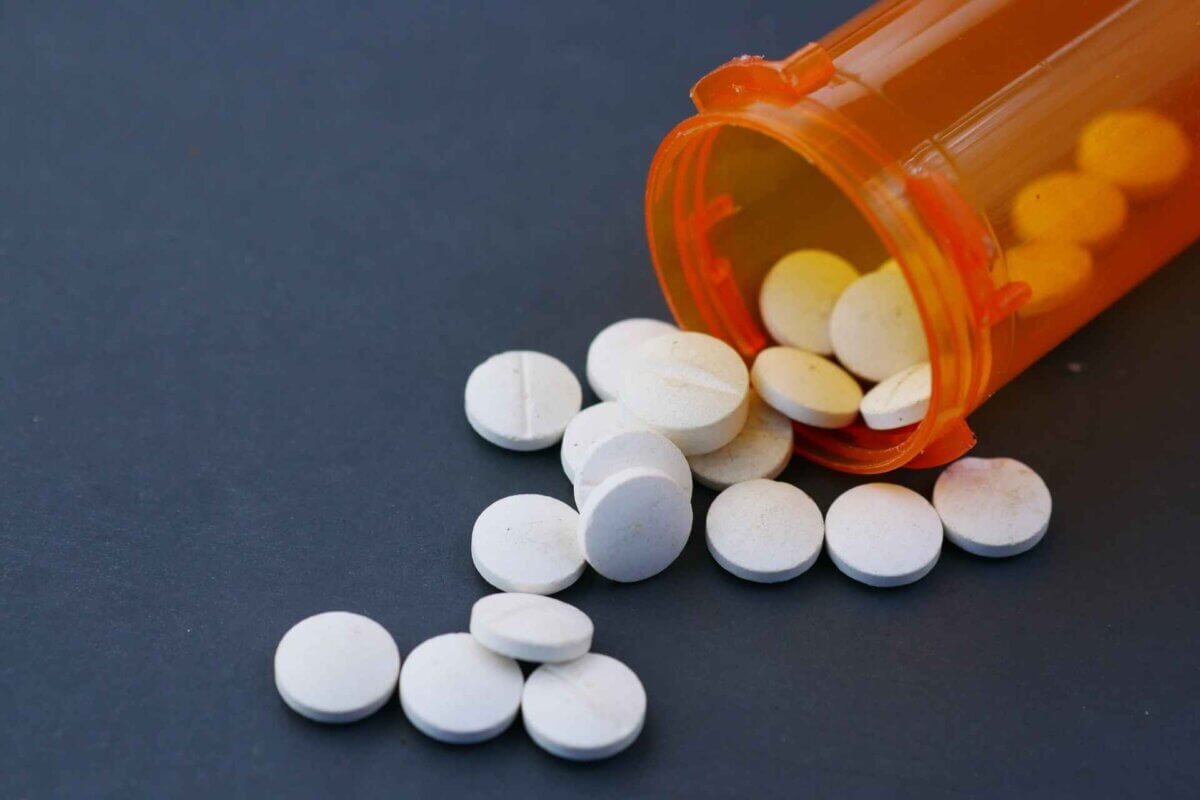AbbVie (NYSE: ABBV) today announced that the European Commission (EC) has approved RINVOQ® (upadacitinib 15 mg, once daily), an oral therapy, for the treatment of active non-radiographic axial spondyloarthritis (nr-axSpA) in adult patients with objective signs of inflammation, as indicated by elevated C-reactive protein (CRP) and/or magnetic resonance imaging (MRI), who have responded inadequately to nonsteroidal anti-inflammatory drugs (NSAIDs).*1
“For years, healthcare providers and patients have had limited treatment options to manage axial spondyloarthritis, which can cause back pain, stiffness, and irreversible damage to the spine,” said Thomas Hudson, M.D., senior vice president of research and development, chief scientific officer, AbbVie. “AbbVie is proud to offer RINVOQ as a first-in-class treatment option now approved in the European Union for adults living with nr-axSpA with objective signs of inflammation and inadequate response to NSAIDs. RINVOQ is the first and only JAK inhibitor approved to treat patients across the spectrum of axial spondyloarthritis, which includes nr-axSpA and ankylosing spondylitis.”
Axial spondyloarthritis (axSpA) is a chronic, progressive and disabling inflammatory rheumatic disease that causes joint inflammation, leading to back pain and stiffness.3,4,5 AxSpA consists of two subsets that have been clinically defined as ankylosing spondylitis (AS), also known as radiographic axial spondyloarthritis (r-axSpA), and non-radiographic axial spondyloarthritis (nr-axSpA).6 Approximately 10-40 percent of patients eventually progress from nr-axSpA to r-axSpA over a 2- to 10-year period.7
“The European Commission’s approval of RINVOQ for the treatment of nr-axSpA offers physicians in the European Union an important new therapeutic option with proven efficacy in both nr-axSpA and AS patient populations,” said Filip Van den Bosch, M.D.,** SELECT-AXIS 2 investigator and professor in the Department of Rheumatology at the University Hospital of Ghent University. “Living with nr-axSpA can pose many challenges and significantly impact a patient’s quality of life. Early and effective disease management of patients with active nr-axSpA is key to improving health outcomes.”
AbbVie previously disclosed topline results from the Phase 3 SELECT-AXIS 2 nr-axSpA clinical trial and the full results have been published in The Lancet. Study results show a significantly greater proportion of patients receiving RINVOQ 15 mg achieved an Assessment of SpondyloArthritis international Society 40 percent (ASAS40) response at week 14 (45 percent versus 23 percent; p<0.0001) compared to placebo.2 Statistical significance was also achieved in 12 of the 14 multiplicity-controlled secondary endpoints compared to placebo at week 14.2 Safety data were previously reported with no new risks identified compared to the known safety profile of RINVOQ.2 Through week 14, the proportion of patients who experienced an adverse event (AE) was similar between treatment groups (RINVOQ at 48 percent and placebo at 46 percent).2
The EC Marketing Authorization for nr-axSpA means that RINVOQ is approved in all member states of the European Union, as well as Iceland, Liechtenstein, Northern Ireland and Norway.
RINVOQ also recently received a label enhancement in the EU for the already approved indication of AS to include data on patients with active AS who had an inadequate response to biologic disease-modifying anti-rheumatic drugs (bDMARDs) based on the results of the Phase 3 SELECT-AXIS 2 clinical trial in this population, as well as two-year results of the Phase 2/3 SELECT-AXIS 1 clinical trial that evaluated AS bDMARD-naïve patients.8,9
AbbVie previously disclosed topline results from the Phase 3 SELECT-AXIS 2 AS bDMARD-IR study, in which a significantly greater proportion of patients receiving RINVOQ 15 mg achieved an ASAS40 response at week 14 (45 percent versus 18 percent) compared to placebo.8 All 14 ranked secondary endpoints were met including those evaluating improvements from baseline in disease activity, pain (total and nocturnal back pain), function, MRI SPARCC score (spine), spinal mobility, enthesitis, and health-related quality of life.8 Safety data were previously reported with no new risks identified compared to the known safety profile of RINVOQ.8 Through week 14, the proportion of patients who experienced an AE was similar between treatment groups (RINVOQ at 41 percent and placebo at 37 percent).8



